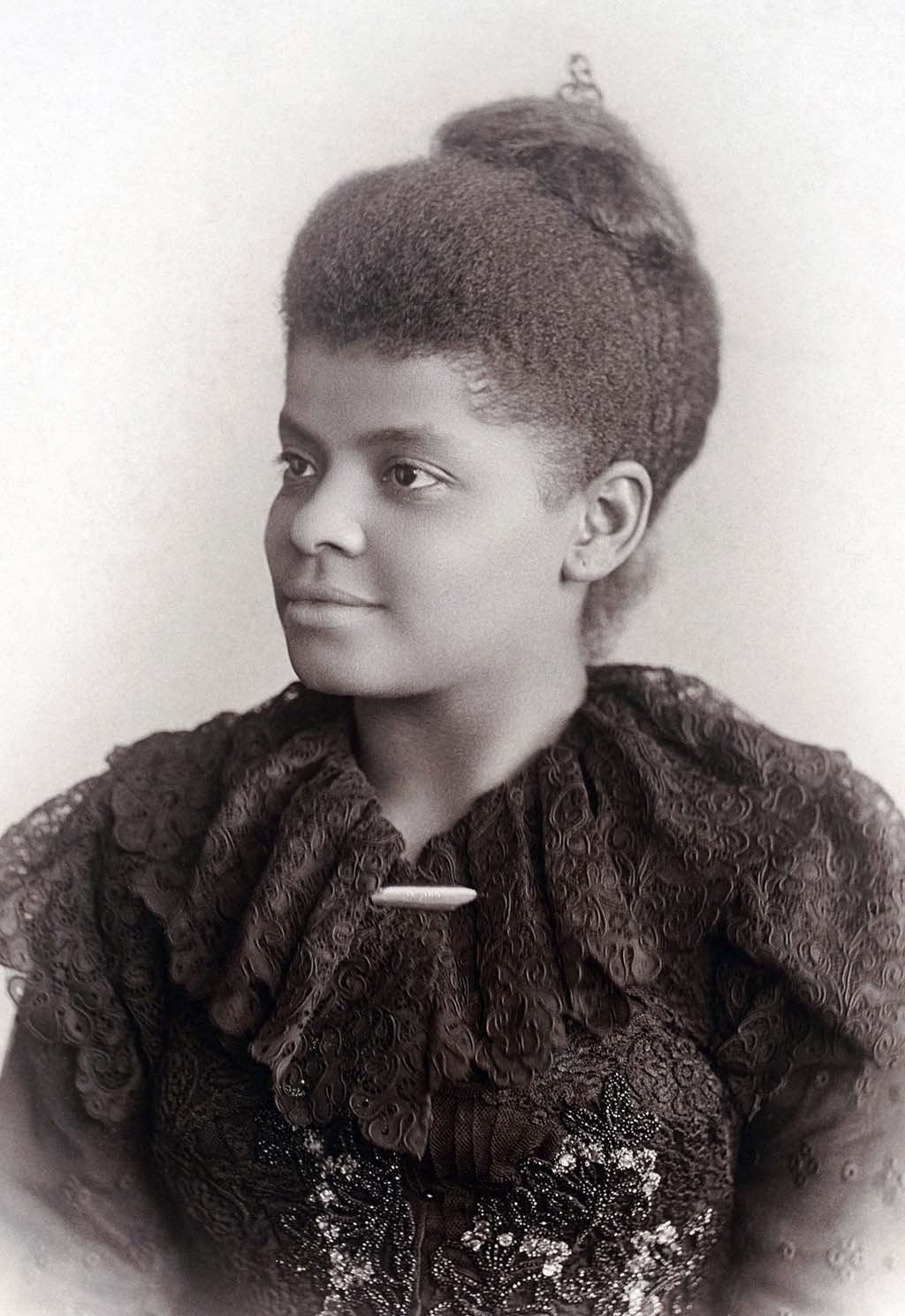Matt McKeon
Well-Known Member
- Joined
- Aug 25, 2019
- Messages
- 1,216
- Reaction score
- 1,727
This post has some problems.I think vandalism of any monument or marker is deeply troubling. Or of any object, not even one of historical significance, even done with zero political motive. That casual grafitti and vandalism has been long tolerated helped get us to the point where we are now.
Why was Emmett Till lynched? He (alleged) did something a portion of society considered wrong. Those offended felt authorities would not act, or they were impatient and didn't want to wait.
Why are statues being vandalized and torn down by mobs? They represent something portion of society considers wrong. Those offended feel authorities will not act, or they are tired of waiting for action.
The groups are of opposite beliefs. The lynching of a person is certainly worse than the lynching of an inanimate object. But they come from the same place: an angry mob taking the law into their own hands.
You are "disturbed" by vandalism of monuments. Sure. But some of our friends have differing levels of "concern" ranging from rage/despair, the world is coming to an end to meh, who cares. That turns out to be dependent on race.
Why was Emmett Till lynched? About nothing actually. But two men could take him from his home, in front of his family, torture him, shoot him and throw his body away like a bag of garbage in the absolute and as it turns out justified confidence they would suffer zero consequences. That turns out to be dependent on race as well.
Why were people lynched in the South, generally. Was it because the populace thought criminals wouldn't be punished? No, the law came down extraordinarily hard on blacks accused on crimes. Lynching was sending a message. If lynching was a response to the authorities not doing their duty, then there should have been 2000 cases of mobs of blacks lynching whites, not the other way around. Lynching is about race.
People have been vandalizing and wrecking the statues and monuments symbolizing the Confederacy and white supremacy. Its not pretty, I certainly don't support it, but to call knocking down a piece a stonework and the prolonged torture-murder of a real person by the same word: lynch. I suggest that you have another think about that. I know you are a thinking person.
Especially since the torture-murder was in the service of maintaining a regime propped up by torture/murder. And knocking down a statue of a Confederate general is in the service of creating a society that is not propped up by people getting killed, and their killers not facing consequences.

